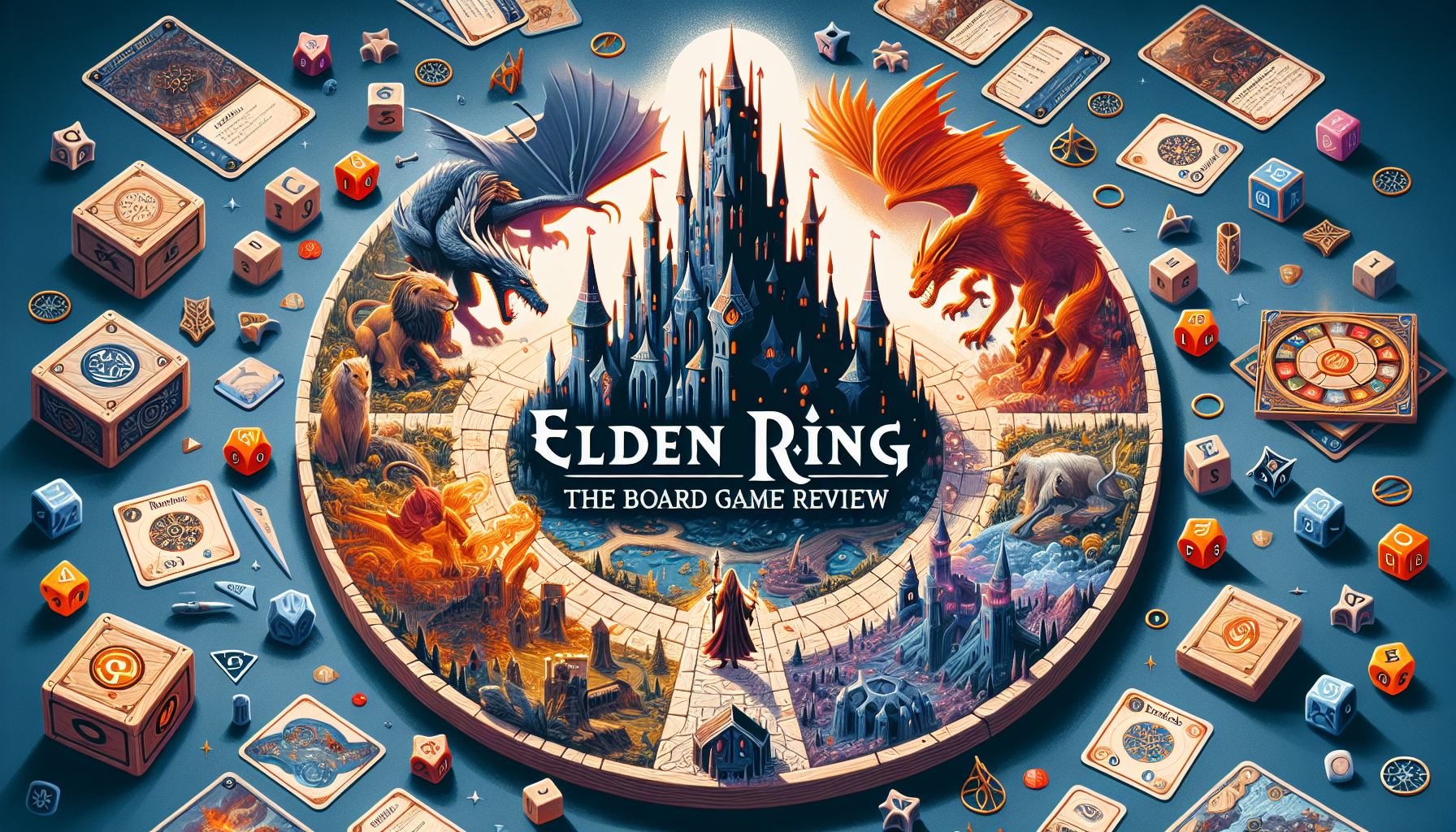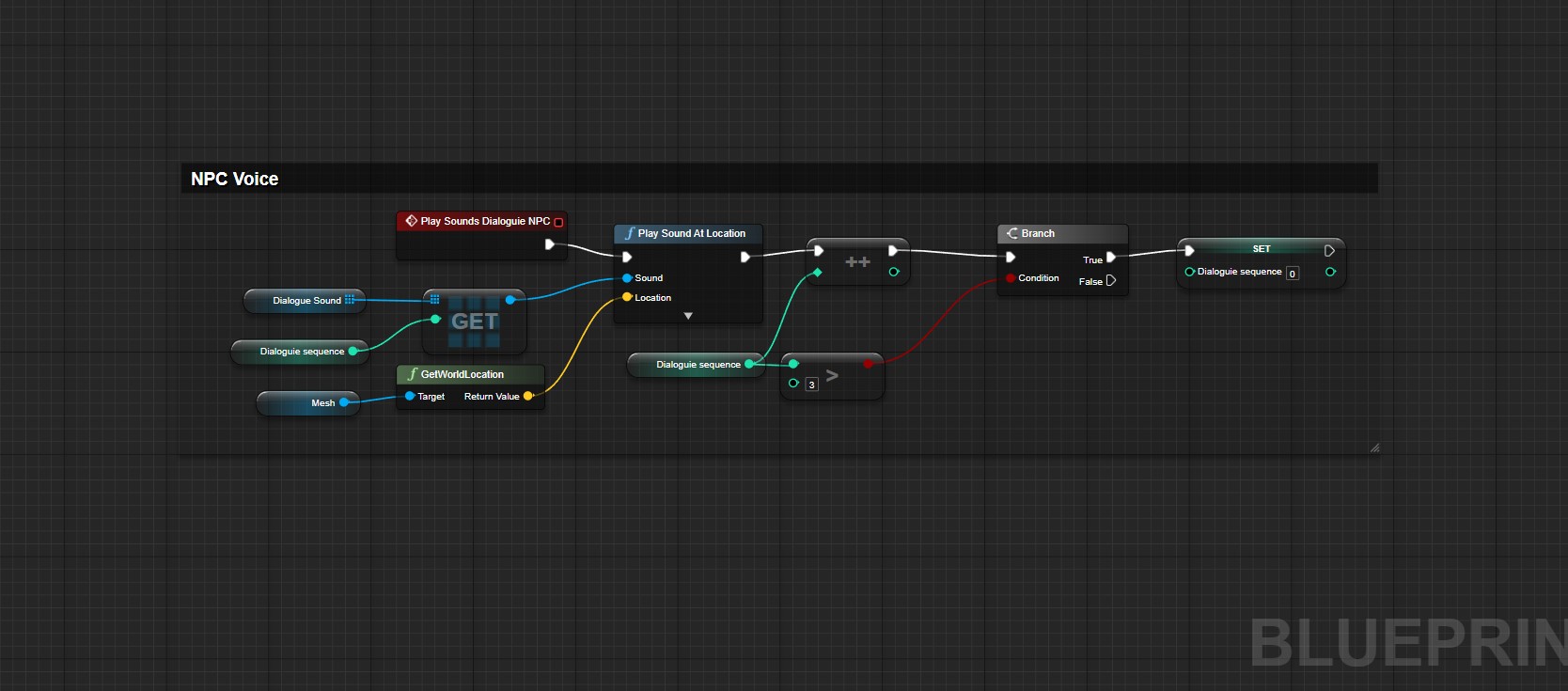In the sprawling realms of modern gaming, few experiences captivate the mind and spirit as profoundly as open-world adventures. These vast digital landscapes offer more than mere escapism; they are intricate universes ripe with psychological intricacies designed to engage and enthrall. At the heart of this digital cosmos lies Elden Ring, a game that not only challenges the physical prowess of its players but also delves deep into the psychological underpinnings that make the open-world genre so irresistibly engaging.
The Realm of Immersion and Engagement: Where Fantasy and Reality Blur
Within the ethereal boundaries of Elden Ring, the concept of spatial presence is not just an aspect; it’s the essence. Players are not merely visitors in its expansive lands; they are inhabitants. This immersion is achieved through a symphony of sensory inputs: visually stunning landscapes, hauntingly vivid soundscapes, and a lore so intricate it feels etched into the very stones of its crumbling ruins. As adventurers traverse through fog-laden forests and desolate castles, the game becomes a reality, one crafted with meticulous consistency that leaves no room for disbelief.
However, it is the narrative engagement that truly anchors the soul to this world. Elden Ring doesn’t just tell a story; it weaves a living, breathing mythology around each player’s journey. The lore unfolds organically, branching into tales of valor and despair that are as compelling as the world itself. Each quest feels like a personal saga, and with every choice, players weave their thread into the game’s ever-expanding tapestry of stories.
Mastering the Flow: The Heartbeat of Motivation
The allure of Elden Ring extends into the very flow of gameplay. Here, the concept of flow isn’t merely about smooth mechanics but a profound psychological state. It’s where challenge and skill perfectly balance, enveloping players in a zone where time fades and only the game remains. Each quest, each battle, is a beat in the rhythm of this dance, tuned to the capabilities of the player, ensuring that the experience is relentlessly engaging yet uniquely tailored.
Amidst these personal trials, the game intersperses moments of exhilarating social interactions. Though primarily a solitary quest, the spirits of other players drift in and out, as fleeting as shadows, reminding that this world is shared, alive with the silent camaraderie and occasional direct cooperation in battles against daunting foes.
The Symphony of Emotions: Neurotransmitters at Play
What drives one to return to these forsaken lands? The answer lies in the very chemistry of the brain. Gaming is a ballet of neurotransmitters, with dopamine and serotonin pirouetting through neural pathways, igniting feelings of pleasure, accomplishment, and even a soothing balm for stress. Elden Ring masterfully orchestrates these elements, presenting challenges that are as rewarding as they are demanding, promoting a continuous release of dopamine. Here, each victory is a crescendo in the symphony of the gaming experience, a euphoric high that beckons players back, eager for the next conquest.
Moreover, this virtual odyssey serves as a sanctuary, a respite from the clamor of reality. In the realms of Elden Ring, players find solace in sovereignty over their digital domain, where each decision carries weight and each achievement offers escape from the mundane pressures of everyday life.
Conclusion: A Tapestry Woven from the Threads of Psyche and Pixels
Elden Ring is more than a game; it is a psychological expedition into the depths of human motivation and emotional resonance. By marrying immersive storytelling with intricate gameplay mechanics and psychological rewards, it crafts a world that is not only compelling to explore but also profoundly satisfying to conquer. As developers continue to expand these digital landscapes, they delve deeper into the psychological frameworks that shape our gaming experiences, ensuring that the realms of open-world adventures will continue to captivate and enchant for generations to come.
This exploration into the psychological layers of Elden Ring is not just an analysis; it’s an invitation to experience the game as a journey through the self, where every player can find echoes of their essence within its hallowed halls and shadowed forests.
















































